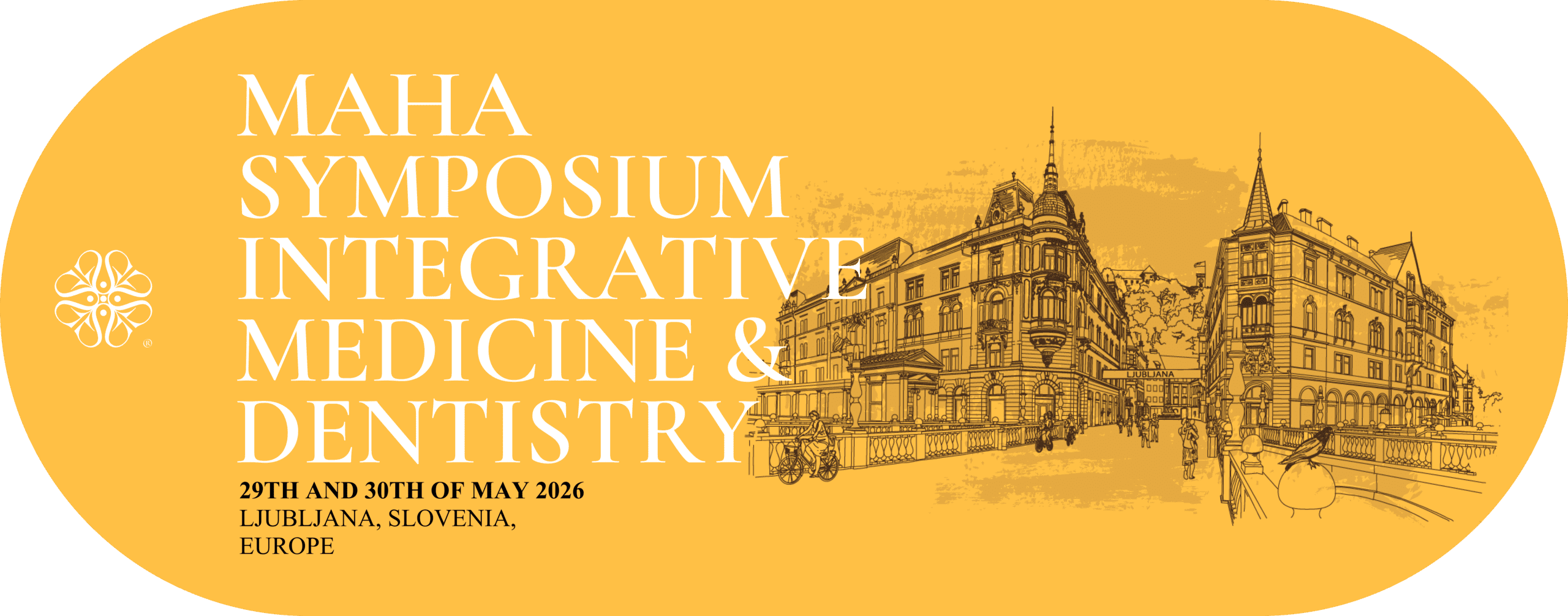Psychological Aspects and Jaw Health
Emotional Conflicts: Unexpressed emotional conflicts and dissatisfaction can also contribute to bruxism. People who struggle to cope with their emotions or problems may channel this frustration into physical symptoms, such as teeth clenching.
Health Effects:
Jaw Joint Issues: Bruxism often results in problems with the temporomandibular joint (TMJ), potentially causing jaw pain, limited mobility, and even inflammation.
Headaches and Pain: Frequent headaches and pain in the neck and shoulders are also common due to muscle tension associated with bruxism.
Psychological Diagnostics and Treatment:
Psychological Approaches:
Stress Management: Therapeutic approaches, such as cognitive-behavioral therapy (CBT), help individuals manage stress and anxiety.
Relaxation Techniques: Practicing relaxation techniques, such as breathing exercises, meditation, or yoga, can help reduce jaw muscle tension and decrease the frequency and intensity of bruxism.
Massages and Therapies: Manual therapies and massages help release tension in the jaw and surrounding muscles, which can alleviate bruxism symptoms.
Cognitive-Behavioral Therapy (CBT): CBT focuses on changing negative thought patterns and behaviors that contribute to stress and anxiety. This method aids in identifying triggers for bruxism and developing effective strategies to manage and reduce these triggers.
Occlusion Correction: Occlusion correction is sometimes necessary, which can be achieved with orthodontic appliances or other therapeutic procedures.
CONCLUDING REMAKRS
Connection Between Psychological and Structural Aspects: Psychological factors and functional-structural issues in dentistry are closely intertwined. Stress and anxiety can lead to physical symptoms, such as bruxism, which in turn affect dental and jaw health. Understanding and addressing psychological factors is essential for the comprehensive treatment of jaw health-related issues.
Integrating psychological approaches with dental techniques significantly enhances treatment outcomes and quality of life.
MAHA
Slovenska cesta 54, 1000 Ljubljana, Slovenija, Europe
Tel. +386 51 248 888
email: info@maha.clinic
Mon, Tue, Wed: 8:00 – 15:00
Thu: 12:30 – 20:00
Fri: 8:00 – 13:30
© Copyright 2024 – Maha / Privacy Policy /made by visualbraingravity

